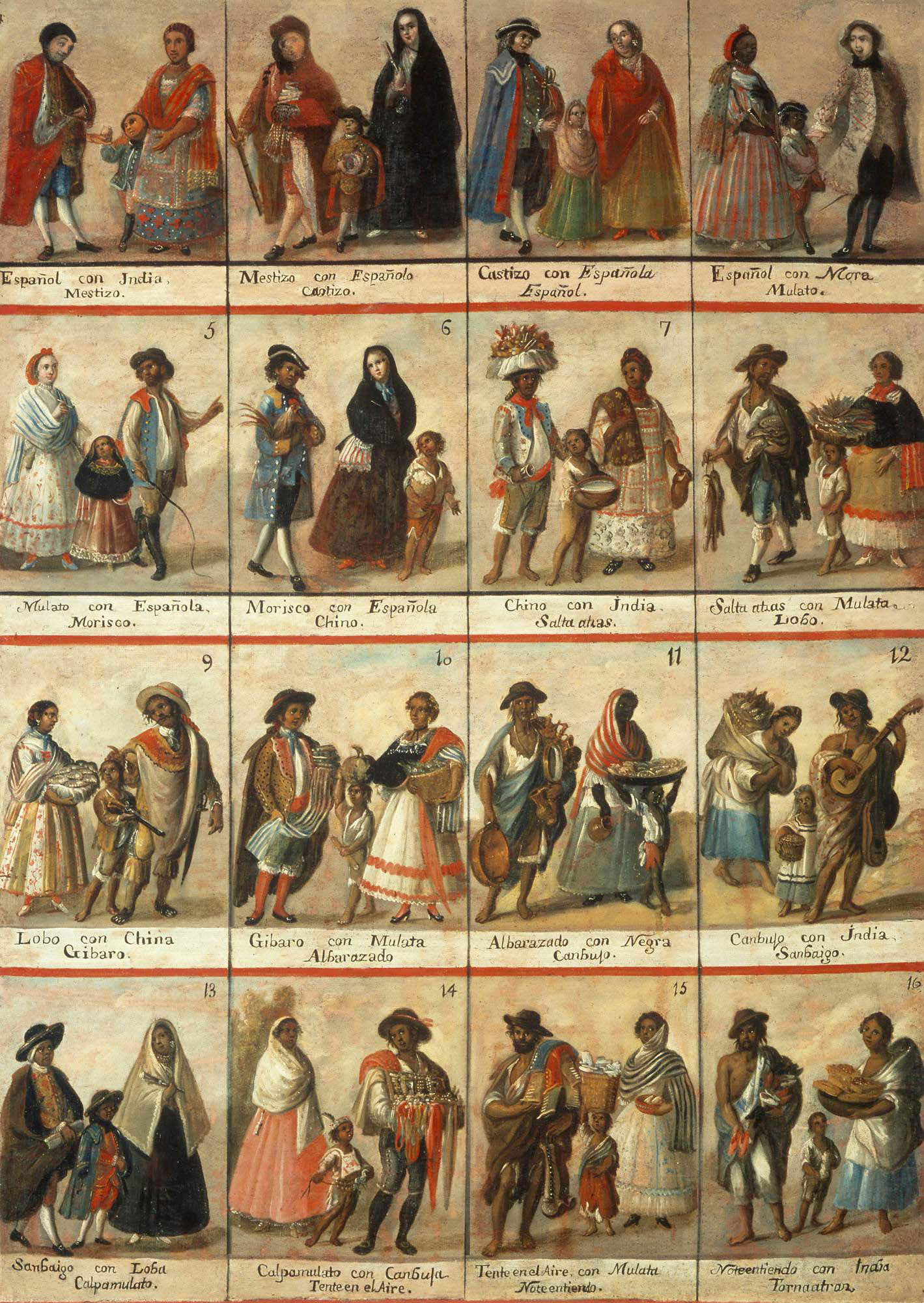Moving Through Acknowledgement
Ways towards Reparative Justice
DOI:
https://doi.org/10.59745/st.v1i1.23Keywords:
Acknowledgement, Recognition, Reparative Justice, epistemic justice, Healing and repair, Pluriverse, Colonial, TraumaAbstract
The ways in which time and space have been constructed within a European imperial lens has created a knowledge system which elevates itself above all other ways of knowing. This elitism has taken effect primarily through repeated acts of violence upon bodies, minds and consciousness across the period named the Anthropocene. As a result, there is a need to resort to the wisdom of our somas, through sensing beyond vision and speech to do the work of liberating us from the hold of the partial and limited forms of colonial knowledge systems. We invite approaches to acknowledgement which can open us to processing the pain held within our minds and bodies. By doing so, we feel it will allow access to a pluriverse - a reality of many worlds co-operating within a single planet - of redemptive knowledges. This will entail acts of reparative justice which have the potential to heal the wounds of a violent and toxic colonial order. Recollections of connection which embody older knowledges and their deeper meanings, might lead the way towards self and collective reclamation. This will be a necessary precursor to any movement in the direction of a persistent and reparative justice. We feel access to this will be realised through profound and meaningful acknowledgements across the worlds which exist beyond the modern idea of a unitary world
Downloads

Downloads
Published
Issue
Section
License
Copyright (c) 2023 Mama D Ujuaje

This work is licensed under a Creative Commons Attribution-ShareAlike 4.0 International License.
